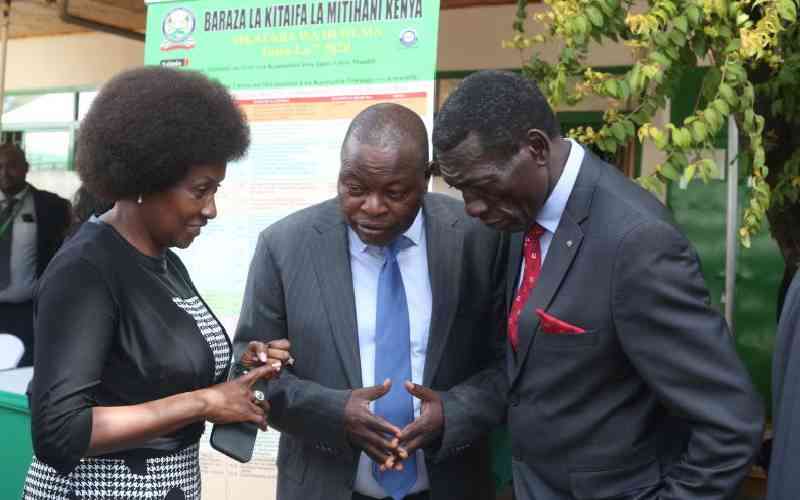×
The Standard e-Paper
Fearless, Trusted News

Teachers' unions yesterday differed over a salary deal that would have seen their members get an increment of between Sh1,076 and Sh3,000.
The Teachers Service Commission (TSC) has offered a salary raise of between 9.5 per cent and 2.4 per cent, which was to be spread to two financial years.